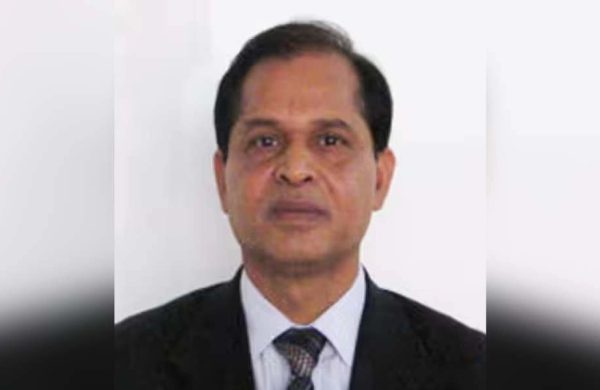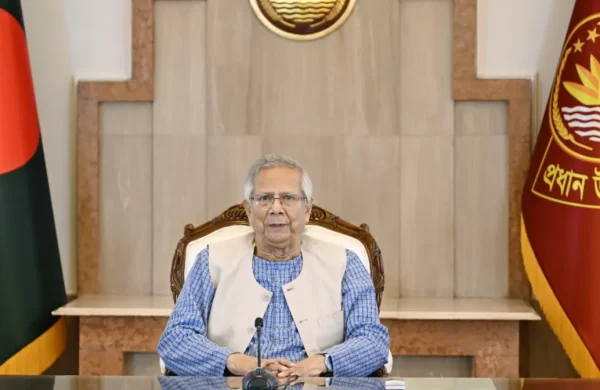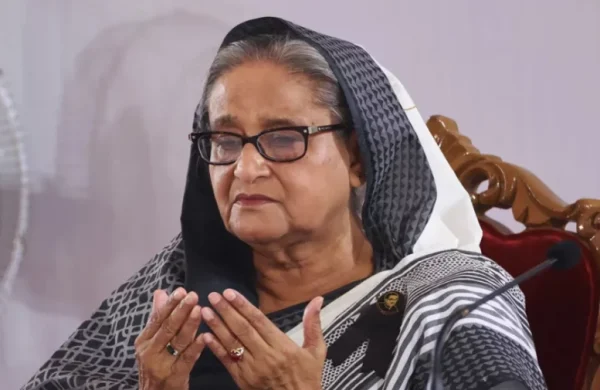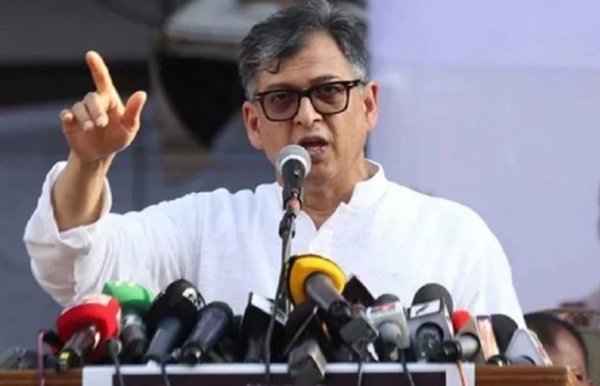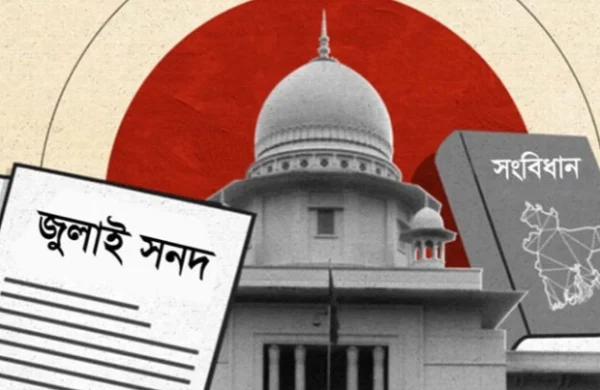It’s historic initiave to stop enforced disappearances
- Update Time : Saturday, August 31, 2024

–Md Naeem–
Bangladesh signed the United Nations International Convention for the Protection of All Persons from Enforced Disappearance on August 29, 2024, in a significant step towards enhancing human rights protections. The country’s ongoing aims are to address the issue of enforced disappearances, a human rights violation that has long afflicted many regions across the globe.
Enforced disappearances are the result of state officials or their agents covertly abducting or imprisoning individuals, then refusing to acknowledge the individual’s fate or whereabouts. This practice not only violates numerous human rights, such as the right to liberty, security, and protection from torture, but also places a major emotional and psychological burden on the families of the disappeared. Political repression, where governments or their agents target activists, journalists, and dissenters to suppress opposition, is often associated with enforced disappearances.
Bangladesh has made a formal commitment to comply with international standards in the prevention and resolution of such violations by ratifying the UN Convention on Enforced Disappearances. In 2006, the UN General Assembly adopted a comprehensive legal instrument to combat enforced disappearances. It demands that states criminalize the act of enforced disappearance, conduct broad investigations, bring perpetrators to justice, and provide reparations to victims and their families.
Bangladesh’s decision to sign the treaty is indicative of its growing recognition of the importance of safeguarding human rights within its borders and aligning its national laws with international standards. Human rights organisations and activists, both domestically and internationally, have commended the initiative, interpreting it as a constructive stride towards enhanced accountability and justice for victims.
The ratification of the UN treaty also highlights Bangladesh’s current legal framework and the challenges it faces in addressing enforced disappearances. Enacted in 1972, the Constitution of Bangladesh serves as the supreme law of the nation, establishing a robust foundation for the safeguarding of human rights.
Article 31 of the Constitution guarantees the right to protection of the law, stating that no action in violation of the law could harm an individual’s life, liberty, body, reputation, or property. Furthermore, Article 32 safeguards the right to life and personal liberty, emphasizing that any violation of these rights must align with the law.
Furthermore, Article 35 of the Constitution forbids torture and any form of inhumane, inhuman, or degrading punishment or treatment, a provision that directly safeguards against enforced disappearances. These constitutional protections underscore Bangladesh’s dedication to the preservation of human rights and dignity.
Despite these protections, Bangladesh has had difficulties in addressing enforced disappearances, particularly in politically sensitive cases. Over the years, human rights agencies have documented numerous instances of individuals who are frequently associated with political opposition or activism disappearing under suspicious circumstances. Numerous instances have accused law enforcement agencies, such as the Rapid Action Battalion (RAB) and other security forces, of misconduct.
Following its ratification, Bangladesh now has an obligation to implement practical steps to ensure that its domestic laws are consistent with the provisions of the UN Convention. This will likely entail the implementation of specific legislation that criminalizes enforced disappearances and establishes clear procedures for investigating and prosecuting such cases. Furthermore, the legal reforms must ensure a transparent and impartial accountability process for all individuals responsible for enforced disappearances, regardless of their position or status.
Furthermore, Bangladesh may need to strengthen its current institutions in order to effectively carry out the treaty’s obligations. This includes enhancing the judiciary’s independence and capacity to address cases of enforced disappearances, as well as ensuring that law enforcement agencies operate within the law’s scope and are subject to oversight.
In addition to legal reforms, the government must prioritize the creation of mechanisms for providing reparations and support to victims and their families. This may include measures to prevent recurrence of such violations, rehabilitation, and compensation. Similarly, the establishment of a dedicated commission to investigate and report on cases of enforced disappearances, as well as the establishment of a national register of missing persons, could be essential measures in this direction.
Bangladesh’s decision to ratify the United Nations treaty has garnered favourable reactions from the international community. Amnesty International and Human Rights Watch, among other human rights organisations, have commended the action as a substantial stride towards justice for the victims of enforced disappearances. The UN High Commissioner for Human Rights also released a statement that expressed her appreciation for Bangladesh’s dedication to the Convention and encouraged the country to promptly implement its provisions.
The ratification has initiated a new dialogue regarding the rule of law and human rights on a domestic level. Civil society groups, lawyers, and activists have urged the government to seize this opportunity to comprehensively address the issue of enforced disappearances and ensure justice in both past and future cases. Furthermore, there is a growing demand for increased transparency and accountability within the nation’s security forces, particularly in relation to their actions in politically sensitive situations.
However, there are those who are sceptical of the government’s commitment to completely enacting the treaty’s provisions. They emphasize the need for sustained political will and international pressure to guarantee meaningful change by referencing past instances in which human rights commitments have not been fully honored in practice.
The process of ratifying the UN Convention on Enforced Disappearances in Bangladesh will call for the collaborative efforts of all stakeholders, including the government, civil society, and the international community. A sincere dedication to the preservation of human rights, transparency, and accountability must accompany legal reforms.
The ratification of the treaty is not merely a symbolic gesture for Bangladesh; it is a call to action. Bangladesh must now assiduously work to uphold the right to life, liberty, and security of all individuals without compromise, and to eradicate enforced disappearances. This marks a significant turning point in Bangladesh’s human rights journey, with the potential to establish a more equitable and just society that upholds the rule of law.



